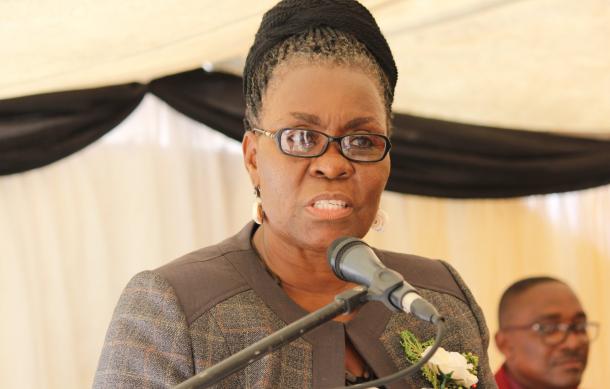
The Minister of Education, Arts, and Culture, Anna Nghipondoka, says factors such as resource shortages and COVID-19 disruptions have affected the finalization of the curriculum reform process, ultimately contributing to the outcome of last year's examination results.
Despite the shortcomings noted, she says successes were recorded.
The minister spoke ahead of the launch of the academic school year, which is tomorrow.
"We have indeed had successes, such as the complete non-closure of schools during the COVID pandemic. Although teaching and learning were affected, we still managed to produce graduates from NSSCO and NSSCAS going to institutions of higher learning, both locally and abroad."
Nghipondoka says the ministry is in the process of understanding the root causes behind the poor general performance, not only last year but historically over the years.
"The findings, together with the recommendations of the 2020 Namibia Examination and Assessment System Review Report and the outcome of the Transforming Education Summit (TES) and National Education Conference (NEC), which were done after intensive regional consultations, will inform targeted intervention strategies, which will be implemented at different levels of the Ministry and Government O/M/As and the private sector at large."
She urged the ministry's staff to make sure that quality results are produced by supporting teachers.
"I would like to encourage those staff members at all levels that have lost hope and are derailed from taking challenges as stepping stones, and thus might not have put in more effort as required by the situation, to not lose hope and that there is light at the end of the tunnel. A clarion call is hereby made to all of us to stand together as a team and face the challenges in unison, head on."
The minister addressed parents as a critical ingredient to any nation's success, urging parents to embrace the government's call to meet them halfway with pride and a sense of patriotism and ownership.





